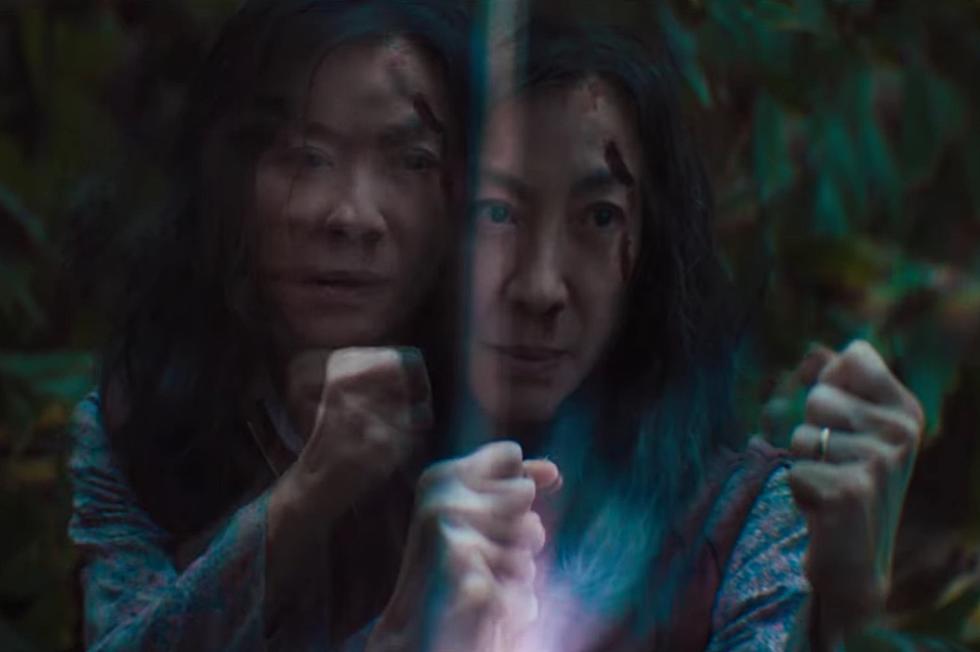Movies on the multiverse have some serious advantages over their single-world brethren when it comes to entertainment value. Once a creator admits into his work the idea that our universe is only one among many, literally limitless possibility opens up to him. What wild adventures could be inaccessible to the writer who will access the multiverse? What story could not be told?
Login to read more
Sign in or create a free account to access Subscriber-only content.
Topics:
